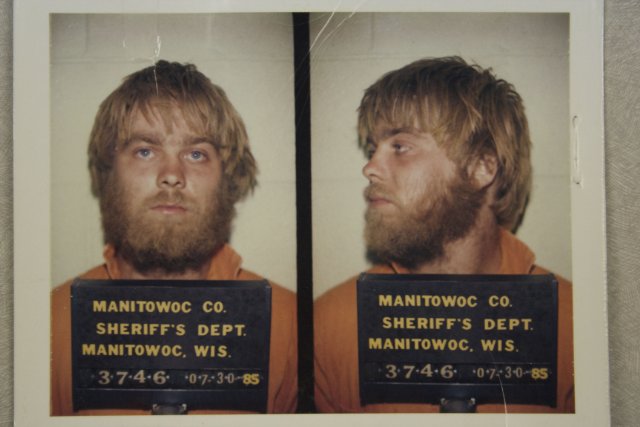Alexandra Langston is a creative copywriter, editor, and part-time blogger, living and working in Qatar. In this post Alex talks about the Making a Murderer series…
Over Christmas, like a lot of people, I plummeted into the Netflix Making a Murderer vortex with wilful abandon. Living in the Middle East, I had heard a few grumbles about the series on the internet, but was otherwise unaware of details; in retrospect, blissfully unaware.
About a year ago, I delved similarly head-long into a series of documentaries about the West Memphis Three – three Arkansas teenage boys who in 1994 were found guilty of the murders of three younger boys. Two were sentenced to life in prison, whilst the perceived ringleader was sentenced to death.
The murder, trial, and media coverage were all clouded by the so-called ‘Satanic Panic’ that pervaded the US for much of the early 90s. Wearing black, listening to heavy metal, and being interested in belief systems beyond the typical Christianity of the Deep South, meant a guilty verdict was more or less guaranteed. If it wasn’t for film makers Joe Berlinger and Bruce Sinofsky capturing proceedings, that would have been that for the boys.
Fortunately, after the first film aired in 1996 interest in the case built, and over the next fifteen years the tireless support of the public (and some celebrities) led to new DNA evidence. In 2011 the possibility of a re-trial that would potentially embarrass the state led to an unusual plea deal; all three men were freed, but the state maintained their guilt.
I watched in absolute horror and astonishment, feeling elated at their release and total disgust at the injustice of the state’s lack of culpability. Overall though, I felt that this scenario had to be an anomaly, a one off. I was very wrong.
Enter Making a Murderer. In 1985, Steven Avery was wrongfully convicted of sexual assault in Manitowoc County, Wisconsin, and spent eighteen years in prison before being fully exonerated by new DNA evidence. Two years after his release, and on the eve of a multi-million dollar settlement from Manitowoc County, Avery was arrested and then tried and convicted of the murder of a young woman. His nephew, Brendan Dassey, was also sentenced to life in prison for his part in the killing.
The confluence of a looming settlement that would have financially crippled the county, and the investigation by officers and prosecutors that had also played a part of the original wrongful conviction, is at the centre of the ten hour series. The documentary raises questions about the trustworthiness of the investigation and its key players, but it has also seen a heavy backlash that claims a lack of impartiality from documentarians Laura Ricciardi and Moira Demos. The two women are also accused of leaving out important trial evidence in order to more convincingly paint the defendants as innocent.

What is clear is that for both men the investigations and trial were not entirely unbiased, and whichever side of the fence you come down on, the takeaway should be that we take a long hard look at our justice systems. In the twenty years since the West Memphis Three case came to prominence, how many more people have not received adequate defences due to a lack of money and resources?
Questionable journalism aside, it is important that these kinds of documentaries continue to be made – that we keep asking questions – because it is not just in the US that you can find yourself in an unwinnable situation.
